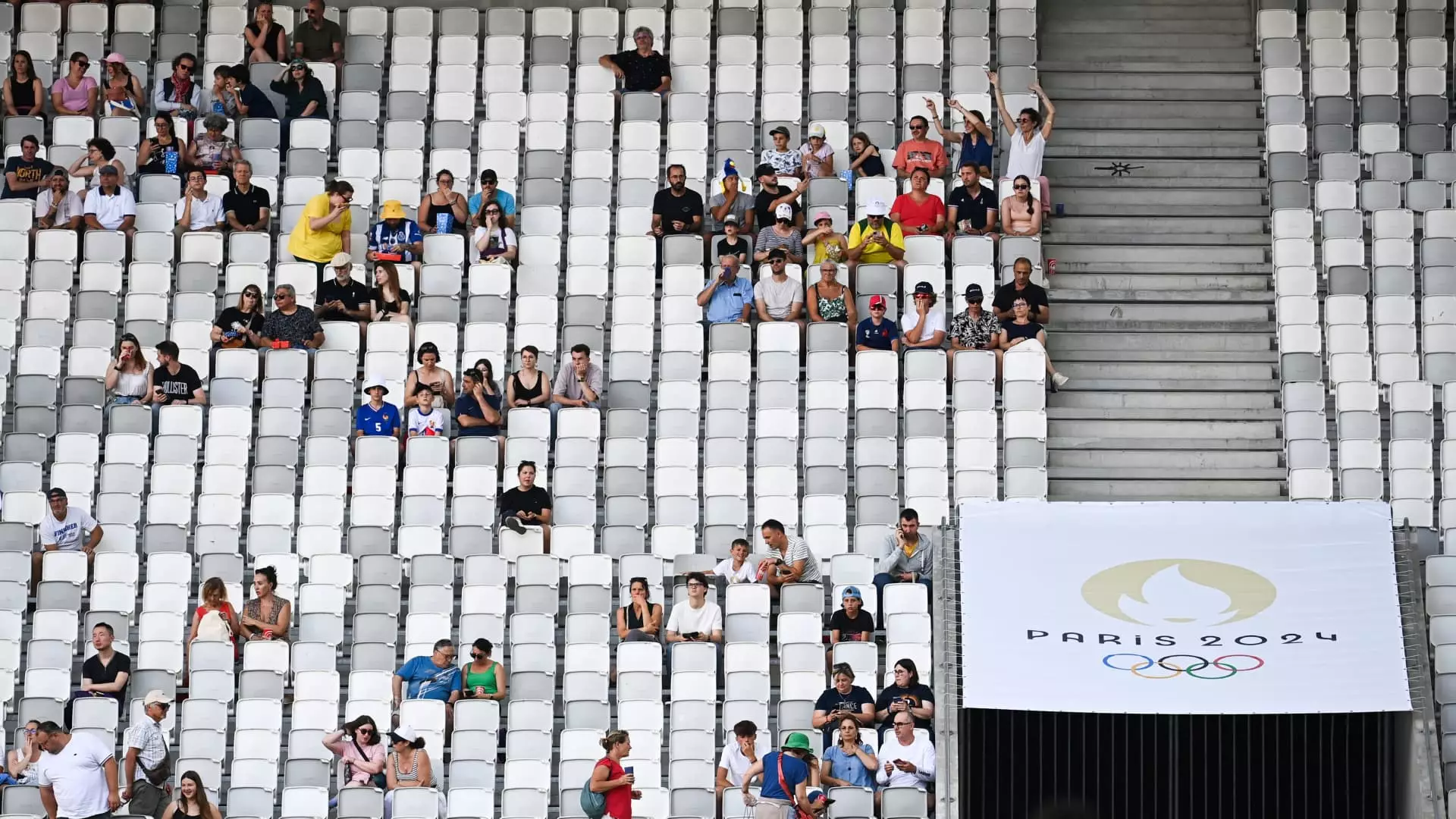It was not solely the Parisians who gave a cold shoulder to potential travelers during the Summer Games, as revealed by the underlying data portraying a broader picture. Various aspects, ranging from sky-high prices for accommodation to the apprehensions of large crowds, played a role in dissuading people from visiting Paris during this period. The anticipation of a travel surge due to the Olympic Games turned out to be misleading, as many individuals, including local residents, opted out of planning any trips to Paris during this time. While forecasts typically focus on the influx of attendees to the Games, they fail to acknowledge the significant chunk of travelers who actively avoid such events.
Contrary to popular belief, host cities of the Olympic Games do not witness a substantial increase in tourist traffic during the event. John Grant, the chief analyst at OAG, pointed out that this trend has been observed in previous host cities such as London, Athens, and Atlanta, where the summer games led to a decline in visitor numbers. Expectations of a tourism boom often fall short as reality reveals a different picture. Airlines like AirFrance-KLM & Delta Air Lines suffered setbacks due to the lackluster demand for traveling to Paris in the preceding months of the Summer Games. As a result, both companies faced significant revenue losses, showing a tepid interest from international markets in visiting Paris during this period.
AirFrance-KLM and Delta Air Lines encountered difficulties in attracting passengers to Paris because of the subdued interest in air travel to the city during the Summer Games. The airlines witnessed a decline in the number of bookings and had to resort to price discounts to stimulate demand. Similarly, hotels in Paris faced a reduction in occupancy rates during the early days of July, owing to the inflated room rates and sluggish bookings. Despite efforts to seize the opportunity presented by the Olympic Games, hotels had to revise their pricing strategies due to the lackluster response from travelers.
The surge in accommodation rates in Paris during the Olympic period did not yield the expected results, with many hotel rooms remaining unoccupied. Despite observing a rise in average rates by almost 70% compared to the previous year, hotels had to readjust their prices to attract guests. The situation was compounded by the increased competition from platforms like Airbnb, where hosts slashed their rates in response to the tepid demand from tourists. In essence, the excessive focus on profit maximization through heightened pricing strategies backfired for both hotels and Airbnb hosts.
Although the majority of tickets for the Paris Games had been sold or allocated by a certain point, there were still opportunities for last-minute travelers to secure tickets. The resale market offered a chance for individuals to purchase tickets at discounted prices, reflecting the subdued demand for attending the Games live. Despite the allure of attending a global sporting event in one of the most iconic cities in the world, the Summer Games in Paris did not translate into a significant travel spike, signaling a shift in preferences among modern travelers.
The impact of the Summer Games on travel to Paris was far from the anticipated boom in tourism. Various factors such as high prices, subdued interest, and competition from alternative accommodation platforms played a role in deterring travelers from visiting the city during this period. As the dynamics of travel continue to evolve and travelers seek more curated experiences, large-scale events like the Olympic Games may not always result in a significant uptick in tourism for the host city.


Leave a Reply